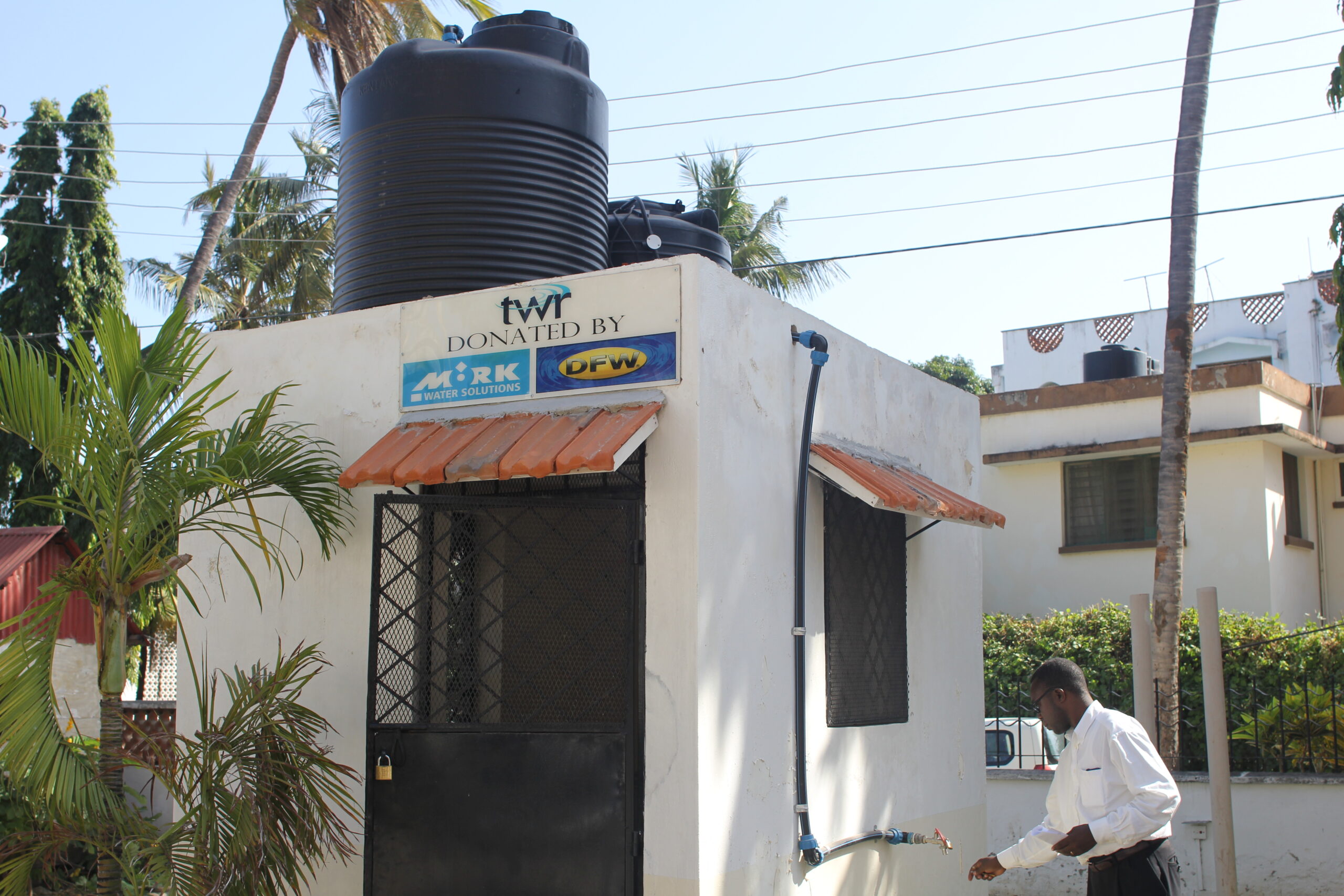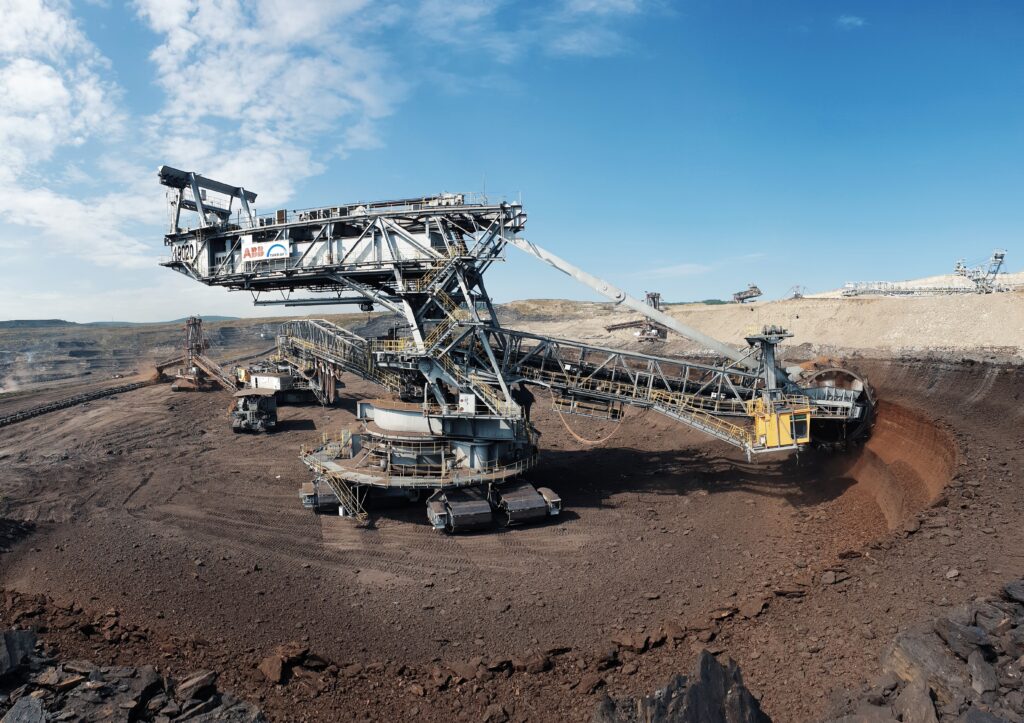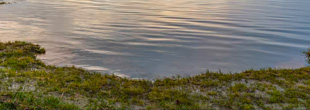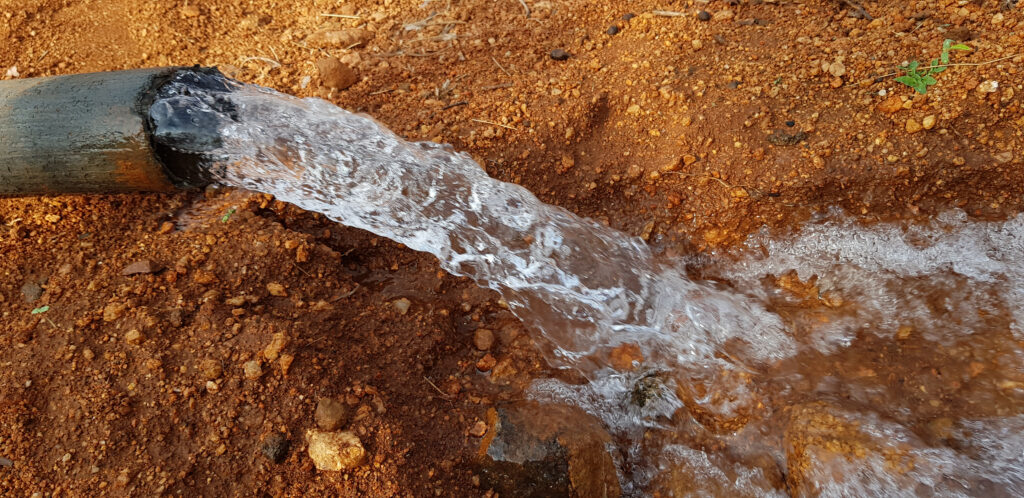LATEST NEWS:
WHAT IS NANOFILTRATION?
There are many types of membrane filtration technologies namely microfiltration, ultrafiltration, nanofiltration and reverse osmosis. What differentiates the different membrane filtration treatments is the pore size of the membranes. Nanofiltration has a pore size smaller than ultrafiltration but larger than reverse osmosis. This means that nanofiltration is excellent at removing heavy metals such as arsenic, lead and cadmium and reducing hardness. Due to the larger pore size, nanofiltration doesn’t require the same high pressure that reverse osmosis requires making it more cost effective than reverse osmosis. The pores of nanofiltration membranes will allow more than 50% of salt through so nanofiltration will generally be used on either fresh or low brackish feedwaters. The pores however are still small enough to reject most bacterial and viral species.

- Remove suspended solids, heavy metals and biological contaminants
- Produce potable water from almost any source of low salinity water
- Energy efficient compared to other membrane filtration methods
- Cost effective to scale
- Well-designed systems have extremely low operating costs and long life expectancy
How does nanofiltration work?
Nanofiltration, like other membrane filtration technologies, is a treatment system where water is pushed through a semi permeable membrane under pressure. The higher the salt content, the higher the pressure (and therefore the energy) that is required. Additionally, nanofiltration membranes have an average size cut-off of 0.01 micron while Reverse Osmosis membranes have an average size cut-off of 0.001 micron. With larger pores, monovalent salts will not be rejected so less pressure is required to push clean water through the membranes. The downside of this is that monovalent salts will pass into the product water for nanofiltration so it is only appropriate for low salinity feedwater.

When should it be used?
Nanofiltration should be used with freshwater and low salinity brackish water when there is heavy metals or microbiological contamination present. In these situations, reverse osmosis would produce water that is too clean and would need to be remineralised, adding to the cost and complexity of the treatment system.
NANOFILTRATION WATER TREATMENT PROJECTS
East Cape Village Water Supply
A community in Eastern Papua New Guinea has a dry season that lasts for three read more...
- Remote Communities
Fluoride Removal Northern Tanzania
Fluoride concentrations vary around the world. In areas with low fluoride it is added to read more...
- Educational Institutions
- Remote Communities
NANOFILTRATION TREATMENT APPLICATIONS
Our treatment plants are individually designed to meet the specific requirements to create a supply of water that is safe for drinking or use in commercial and industrial situations.
Agriculture & Horticulture
Moerk Water leads the industry in delivering solar-powered reverse osmosis solutions to the Australian agriculture industry. Australian farmers face increasing salt levels in their water sources due to drought, vegetation loss and unreliable weather patterns, all of which cause water tables to rise. Our expert engineers have the experience and expertise to understand your farm’s unique conditions and work with you to develop the right solution.
Tourism, Resorts & Hospitality
Moerk Water units are constructed from quality materials and are built to last ensuring that resorts never run out of clean water. We have extensive experience operating in remote locations. Our units not only provide a decentralised water supply solution, they are powered by solar and wind energy, which removes the need to rely on diesel generators. Our desalinator technology allows coastal resorts can make use of abundant ocean water as a water supply option. They also allow eco-resorts to operate chemical-free, thus minimising their environmental impact.
Food & Beverage Processing
Food and Beverage processors can face numerous water challenges including supply quality, trade waste volumes, treatment failures and contamination risks in treatment and distribution systems. Our water treat technology has been designed to ensure a secure and reliable water treatment solution.
Government & Municipal
Government of all levels not only needs projects to come in on time and on budget, but to meet increasing community expectations for sustainability. We have a wide range of council and government experience when it comes to design and construction of water treatment technology. Procurement staff, project and executive managers can rest easy with Moerk Water’s commitment to being upfront about treatment system costs and ensuring budgets are not exceeded.
Industrial & Mining
Reducing the volume of trade waste and the cost of scheme water use, as well as improving on-site water metrics are among the significant challenges faced by industry. Industry also faces the needs to ensure that water treatment systems can be integrated into existing control systems, are easily operated and meet safety standards. This is where Moerk Water’s significant experience and expertise in design and construction plant and systems comes into play.
Remote Communities
We provide desalination equipment and consulting services in countries including Tanzania, Kenya, Somalia, Ethiopia, Myanmar, Solomon Islands, Papua New Guinea, Vanuatu and Kiribati. At Moerk Water we’re proud that our treatment plants have helped communities achieve increased health, socio-economic and environmental outcomes. We work with local communities to empower them to take ownership of the systems we build. This allows often remote communities to maintain and operate their new water treatment technology by providing them with technical training and education. By training local people to maintain and operate the technology, employment opportunities are created in addition to the other health, economic and social benefits that result from our water treatment plants.
Indigenous Australian Communities
Australia’s often harsh environment and extreme climate requires robust water treatment solutions. Out water treatment systems are built to withstand the most rugged conditions Australia has to offer. Our technology provides our clients with reliable water supply, a source of clean water to improve community health, decentralised systems that allow water production where it is needed, solar-powered water treatment systems that remove reliance on diesel fuel, and training programs to build local expertise in water treatment and solar power. Our holistic solutions help our clients reach their organisational objectives and key KPIs, create local jobs, promote local business development, and work to strengthen and equip local communities.
WATER SOURCES WE TREAT WITH NANOFILTRATION
Moerk’s water treatment technology can convert a wide range of water types into safe drinking water that meets World Health Organisation water quality standards.
Fresh Water
Just because water is fresh, does not mean it is fit for purpose. Moerk’s specialist team can provide water consultancy services, then use the results to advise on the best treatment solution to ensure your fresh water supply is free of contaminants, including bacteria, parasites and viruses, as well as particles. The result is water that is not only safe for human consumption but for use in your specific situation.
Ground Water
The best way to treat contaminated groundwater is to pump it through one of our specially designed groundwater treatment systems that can clean ground and surface water. The cleaned water can then be put back into the ground or stored for immediate use, which allows stakeholders to get the most out of their water assets.
Bore Water
Bore water can contain high levels of minerals including sodium, calcium, magnesium, potassium, chloride, bicarbonate, and iron. This not only makes it unsafe for human and animal consumption, but also for irrigation. Moerk’s water treatment technology can turn bore water into a safe, useful asset.
Creek Water
Creek water, like dam and river water, is prone to pollution from runoff, human and animal waste, chemicals, bacteria, parasites and viruses. We can design and build a treatment system to suit your specific needs and convert creek water into a clean, safe water source.
River Water
Rivers are an extremely valuable source of water for agricultural use. But they are also easily contaminated by debris, runoff, pollution, bacteria and parasites, as well as human and animal waste. We can help you to make this most of this resource through water treatment technology that will remove contaminants.
Dam Water
Dam water, like other surface water sources, is vulnerable to contamination from ground runoff, pollution, contamination by human and animal waste as well as algal blooms. Our expert engineers can design a dam water treatment system that will enable you to use dam water safely for agriculture and stock.
Surface Water
Surface water, including rivers, dams and stream, is extremely vulnerable to contamination by pollutants including chemicals, bacteria, parasites and viruses. Like ground water, it can be easily treated and made safe for use by our specially designed treatment systems.



















